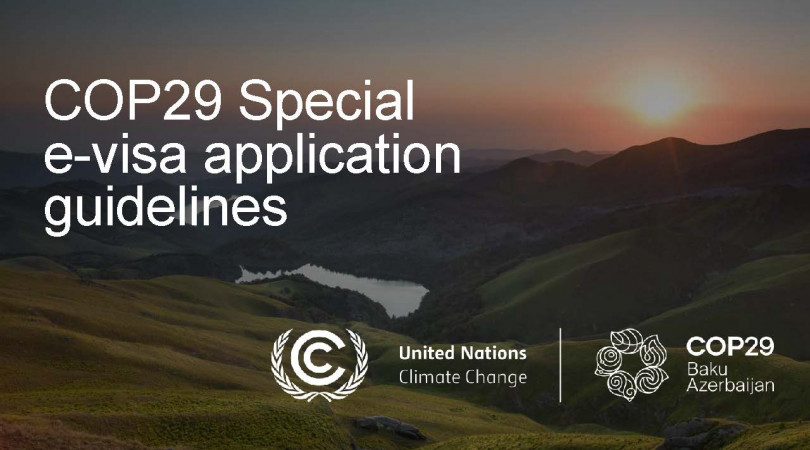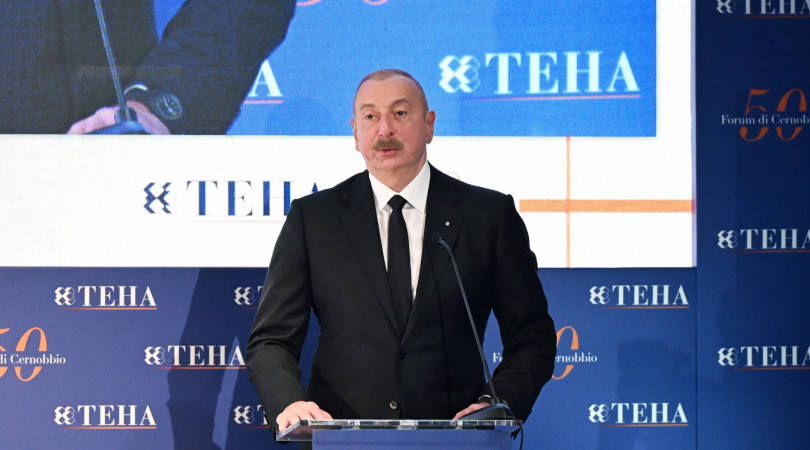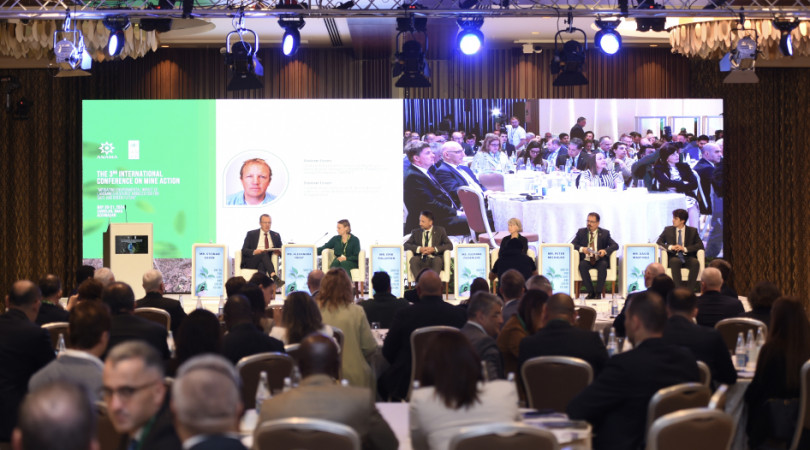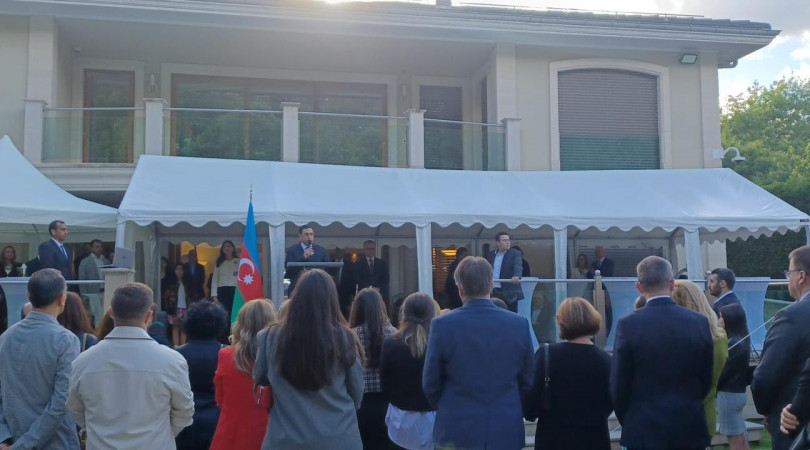United Nations International Strategy for Disaster Risk Reduction (UNISDR)
The United Nations Office for Disaster Risk Reduction (UNISDR) was established in 1999 as a dedicated secretariat to facilitate the implementation of the International Strategy for Disaster Reduction (ISDR). It is mandated by the United Nations General Assembly resolution (56/195), to serve as the focal point in the United Nations system for the coordination of disaster reduction and to ensure synergies among the disaster reduction activities of the United Nations system and regional organizations and activities in socio-economic and humanitarian fields. It is an organizational unit of the UN Secretariat and is led by the UN Special Representative of the Secretary-General for Disaster Risk Reduction (SRSG).
The Sendai Framework for Disaster Risk Reduction 2015-2030 was adopted on March 18, 2015 at the World Conference on Disaster Risk Reduction held in Sendai, Japan. UNISDR has been tasked to support the implementation, follow-up and review of the Sendai Framework. UNISDR defines itself through its multi-stakeholder coordination approach based on the relationships it has developed with national and local governments, intergovernmental organizations and civil society, including the private sector, and by its mode of operating through a network of global partners.
Humanitarian affairs are one of the main strategic priorities of the Republic of Azerbaijan. The Government of Azerbaijan has been actively engaged in strengthening national capacities for disaster preparedness and risk reduction. Efforts are underway to ensure a systematic approach in identifying and assessing the risks and minimizing the socio-economic impacts of disasters. In this regard, the Government of Azerbaijan considers great importance to the high level relations with UNISDR to implement Sendai Framework for Disaster Risk Reduction 2015-2030.
Due to that reason, starting from the year of 2016, the Government of Azerbaijan started constructing more active cooperation with UNISDR in order to expand the group of partners of the Republic of Azerbaijan in the field of disaster risk reduction. The Ministry of Emergency Situations of the Republic of Azerbaijan is the focal point to deal with issues of disaster risk reduction in the country. Within this aspect the Permanent Mission of Azerbaijan in Geneva has been successfully coordinating activities between UNISDR and Ministry of Emergency Situations to further carry out considerable measures in the disaster risk reduction and to eliminate the consequences of disasters in the territory of Azerbaijan. Azerbaijan works closely with UNISDR Support Group and participates in all of the meetings organized by UNISDR in order to assist the country in the process of implementation, follow-up and review of the Sendai Framework.
In overall, in the field of disaster risk reduction, the Republic of Azerbaijan carries out its work in accordance with the 2030 Agenda for Sustainable Development (SDGs), the Paris Agreement under the United Nations Framework Convention on Climate Change (UNFCCC) and the Sendai Framework for Disaster Risk Reduction 2015-2030.
Selected highlights:
- December 2009 – UNISDR sent a mission to the Republic of Azerbaijan to introduce its mandate to the Government and establish contacts with the relevant governmental and non-governmental organizations, UN agencies and international NGOs working in the country;
- 14 – 18 November 2016 – Azerbaijan actively worked within the 3rd (and final) formal session of the Open-ended intergovernmental expert working group (OIEWG) on indicators and terminology relating to disaster risk reduction which was held in UNOG. Report of the OIEWG (http://www.preventionweb.net/files/50683_oiewgreportenglish.pdf) on indicators and terminology relating to disaster risk reduction has been endorsed by the UN General Assembly Resolution A/RES/71/276;
- During the period of September 2016 – June 2017 – Azerbaijan actively participated in UNISDR Support Group meetings in order to share and exchange experiences in the process of implementation, follow-up and review of the Sendai Framework;
- 2 February 2017 – Azerbaijan participated in High-Level Roundtable Discussion on Healthy Wetlands, Resilient Communities in Geneva;
- 22 – 26 May 2017 – Government officials attended the Global Platform 2017 (GP17) for Disaster Risk Reduction summit in the Mexican resort town of Cancun. GP17 in Cancun was mainly focused on how to reduce loss of life and economic losses from disasters caused by manmade and natural hazards;
- September 2017 – June 2018 - Azerbaijan will continue actively participating in UNISDR Support Group meetings in order to further share and exchange experiences with other UN member countries in the process of implementation, follow-up and review of the Sendai Framework.
- In 2019 – next 6th Session of the Global Platform of UNISDR will be held in Geneva, Switzerland.
- 4 June 2018 - Head of United Nations Office for Disaster Risk Reduction (UNISDR) Regional Office for Europe, Ms. Paola Albrito paid an official visit to capital city Baku, Azerbaijan. Prime Minister of the Republic of Azerbaijan Ali Ahmadov, Minister of Emergency Situations Kamaladdin Heydarov, Deputy Minister of Foreign Affairs Mahmud Mammad-Quliyev and Head of Secretary of National Coordination Council on Sustainable Development of Azerbaijan Huseyn Huseynov received Paola Albrito during her visit to discuss the opportunities of improving the policy and mechanisms of disaster risker reduction in Azerbaijan and to reduce the consequences by applying the best experience in this sector. Ms. Paola Albrito has also attended the event on the occasion of the 10th anniversary of the establishment of the Academy of the Ministry of Emergency Situations of the Republic of Azerbaijan.
Updated: 12.07.2018


















